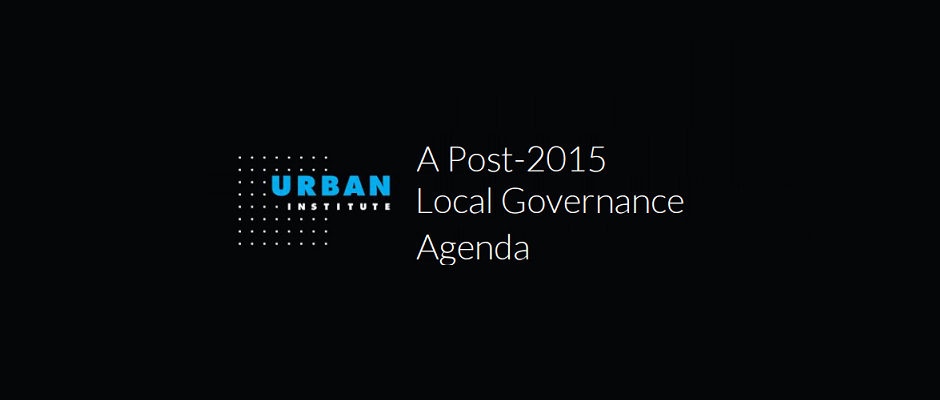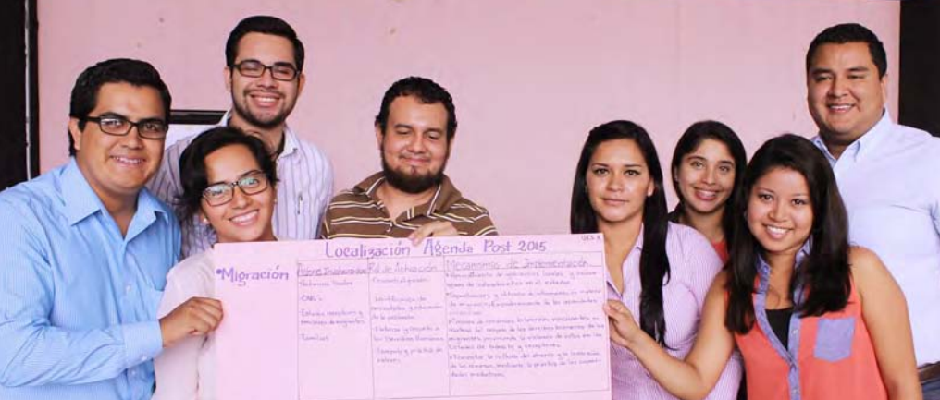
The fifth report of local and regional governments (LRGs) to the High-Level Political Forum (HLPF), Towards the Localization of the SDGs, provides the most comprehensive analysis to date of LRGs’ efforts to respond to the pandemic in cities and territories worldwide, as well as their connections with the SDGs under review, with a particular focus on the 43 countries presenting Voluntary National Reviews (VNRs) this year. It shows how LRGs are contributing to promoting a safe, just and green recovery at all levels and what challenges must be overcome to harness their full potential.
Over the past year, LRGs, supported by their associations, have resolutely and constantly positioned themselves on the front line of the fight against the pandemic and its multifaceted consequences, in a bid to protect their inhabitants and territories. As recognized worldwide, LRG’s responses and containment measures have been essential in preserving communities’ health, and ensuring access to essential public services and livelihoods for all, including by implementing broader measures to support the groups most hit by the crisis; hence strengthening efforts to foster cooperation
and solidarity, and promoting caring cities and territories.
In order to do so, the analysis presented in the report mainstreams the “Health in All Policies” approach across the five pillars of sustainable development, thus providing key insights into the policies implemented to respond to the crisis and their interconnections. The report advances a thorough analysis of the state of SDG localization in the different continents, based on both subnational and national sources: VNRs presented at this year’s HLPF; 100 Voluntary Local Reviews (VLRs) from all over the world and 15 Voluntary Subnational Reviews (VSRs) published to date; and first-hand accounts from LRGs and national associations from 92 countries that responded to the Global Taskforce of Local and Regional Governments’ survey on SDG localization.
Some of the key conclusions of such a comprehensive analysis are that there is a pressing need to increase the involvement of LRGs throughout the whole process of SDG implementation: in multi-level government coordination, joint implementation and monitoring. Despite the increasing efforts made by LRGs to localize the SDGs and report on the progress achieved, the inclusion of LRGs in national coordination and reporting processes is not advancing. On the contrary, it has even gone backwards in some regions.
As the world seeks to recover from the pandemic and reverse the negative trends observed for many SDGs, it is all the more important to ensure the involvement of LRGs in recovery strategies. The extent to which local public services and infrastructures will be integrated into recovery packages will be a determinant for the resilience of our societies in the face of recurrent crises—and thus, for the fulfilment of the 2030 Agenda and in ensuring that no one and no territory is left behind. The achievement of the SDGs is at risk: we are in urgent need of a renewed social contract, and LRGs have an essential role to play in it.
Read the full report:
UCLG. 2021. TOWARDS THE LOCALIZATION OF THE SDGS, 2021. Sustainable and Resilient Recovery Driven by Cities and Territories – Global Task Force of Local and Regional Governments.
https://gold.uclg.org/sites/default/files/hlpf_2021.pdf



